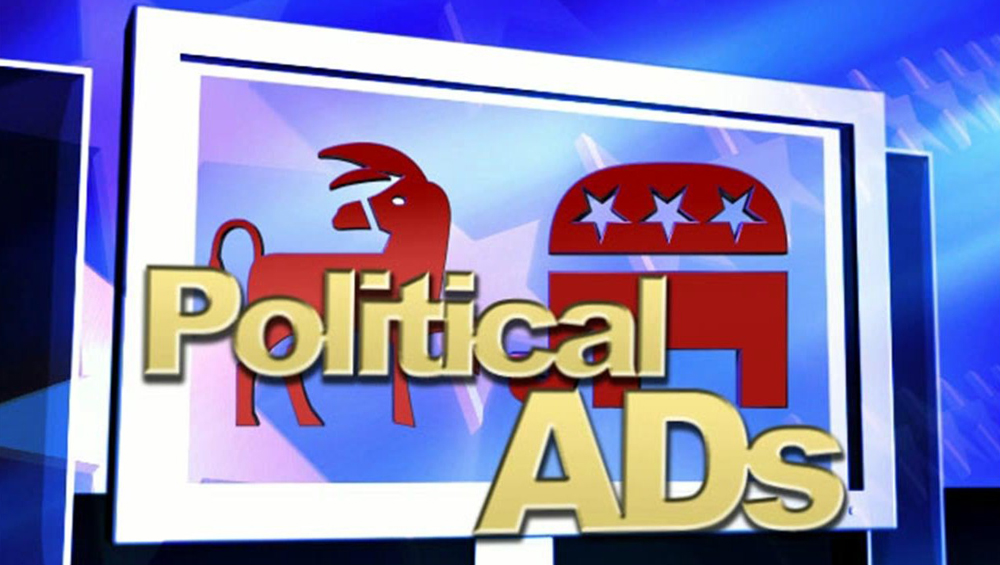
The Insanity Of Political Advertising Rules


Hank Price
FCC Acting Chair Jessica Rosenworcel’s recent announcement that she will be offering some changes to the current political advertising rules during the commission’s upcoming August meeting is a reminder of how cumbersome and unfair the current rules are. Since we don’t know what Rosenworcel’s plan is, I won’t speculate on contents, but the chance of simplification seems unlikely.
First, let me say that no one wants to do away with political regulations. Free speech, especially political speech, is one of our most sacred rights. It is the very foundation of our nation.
Reasonable regulations that ensure equal access, pricing and other details of purchasing advertising matter. The vast majority of broadcasters believe strongly in fairness and aboveboard treatment. They invest an enormous amount of time, effort and legal expense to make sure they get it right.
The problem is that the rules have become so cumbersome and fraught with traps that the most minor mistake can bring fines, embarrassment and other forms of punishment. And don’t think those mistakes go unnoticed. Special interest groups troll FCC public files in search of any error that might create a headline. No owner — no matter how diligent, no matter what safeguards have been put in place — can guarantee such a mistake will not happen.
The online files themselves, which were designed to provide greater transparency, instead have become a quick source of pricing information allowing all competing stations to see exactly what other stations in the same market are charging for airtime. I didn’t like that when I ran stations and I don’t like it now, but it is legal and therefore a common practice.
On the positive side, one bedrock rule gives political candidates the right to say virtually anything they like in a commercial. Though that right is often criticized, I believe it is important. Television stations should not be the arbiter of political speech, no matter what that speech may be.
The biggest station headaches, though, are with non-candidate “issue” advertising. Non-candidate commercials are subject to the same rules as any other advertiser. Stations routinely ask for claims to be documented and that documentation is kept on hand. Documentation matters because most every time an issue commercial makes a strong charge or negative statement, general managers are bombarded by lawyers from the other side demanding withdrawal of the offending message. Some complainants become so testy one imagines only capital punishment would be seen by them as a fair resolution. Though these complaints are usually without merit, no station can afford to ignore any charges. That means the finest FCC attorneys in the country, none of whom work cheap, get very little sleep during election season.
On occasion, I have rejected issue commercials because they were clearly false, but those cases were rare because, again, most managers believe television stations should not be the arbiter of free speech.
As I’m sure you know, political advertising is now the single most important advertising category on local television, so stations expect a high level of accountability to come with those profits. The problem is that the cumbersome nature of the current regulations leads to rabbit trails and side agendas that have nothing to do with ensuring a level playing field.
With the FCC currently split 2-2, it is unlikely Acting Chair Rosenworcel will propose any major change to political, or any other controversial rules, in the near term. That of course will soon change, since sitting presidents have the privilege of naming a party-line chair. When that happens, let’s hope the regulations do not become even more complex.
Hank Price is a media consultant and leadership coach. He is the author of Leading Local Television, a guide to leadership for television general managers, as well as those who aspire to top leadership. Price spent 30 years managing TV stations for Hearst, CBS and Gannett, including WBBM Chicago and KARE Minneapolis, as well as three other stations. Earlier, he was a consultant for Frank N. Magid Associates. Price also served as senior director of Northwestern University’s Media Management Center and is currently director of leadership development for the School of Journalism and New Media at Ole Miss. He is the author of two other books.
































Comments (2)
Les Vann says:
July 19, 2021 at 9:17 am
As usual Hank your point is on point. These rules have created a cottage industry of “ambulance chasers” law firms who creat havoc for stations during the most hectic moments. Having been on the receiving end of some of that station harassment I can tell you it is no fun. Perhaps a look at “intent” should be a part of the standard at what happened when the accusation of violations begins. Only politicians would write laws that give them advantages over a fair open market. Thanks
Les Vann
Retired GM
RustbeltAlumnus2 says:
July 19, 2021 at 12:01 pm
I never could figure out an ethical reason to have different prices for favored customers. Is this the 19th Century? Secrecy is seldom fair.